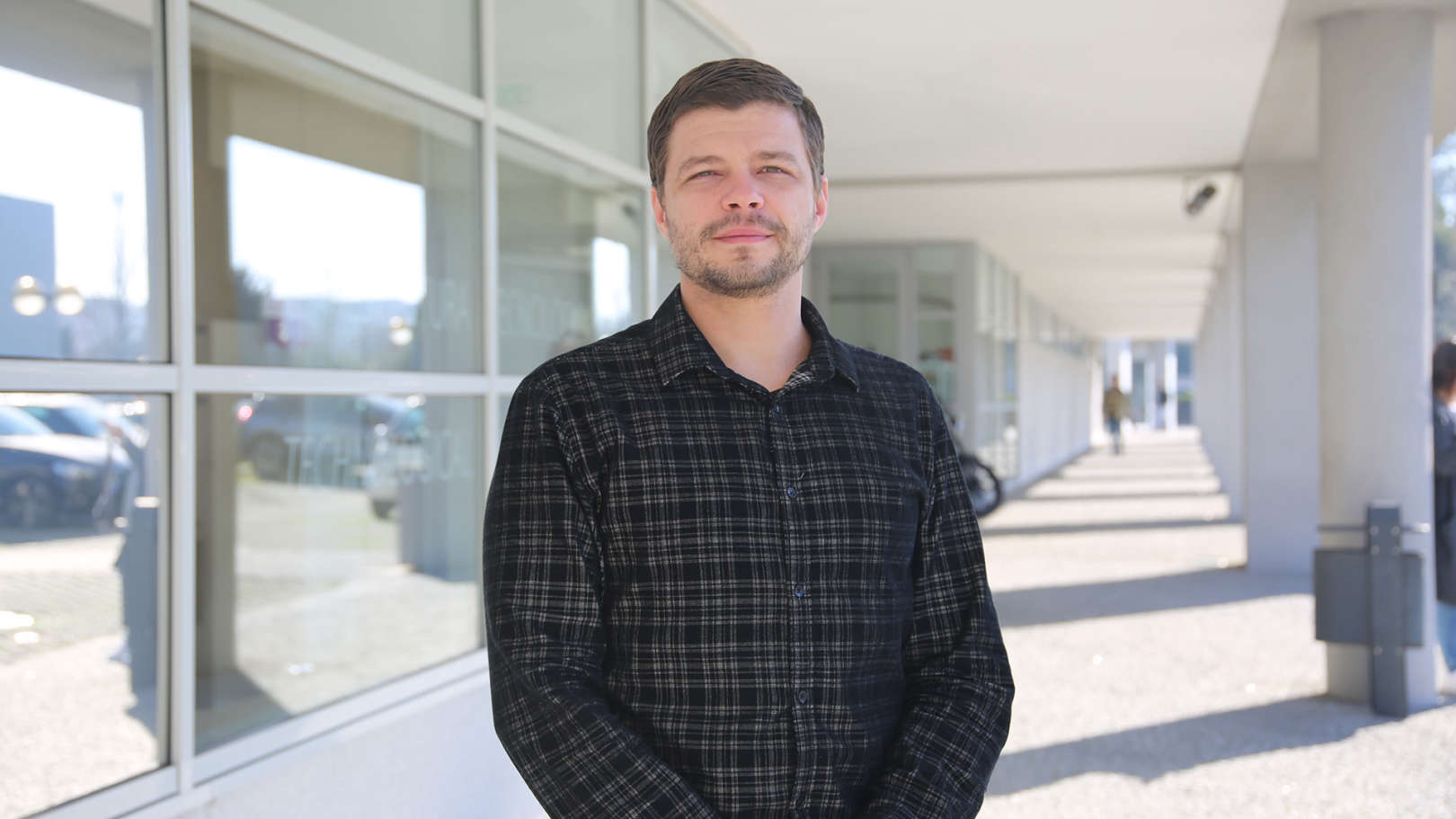Sobre
Everton Leandro Alves, M.Sc., nasceu em Novo Hamburgo, Rio Grande do Sul, Brasil. Licenciou-se em Engenharia Electrotécnica pela Universidade Federal do Rio Grande do Sul (UFRGS, Porto Alegre) em 2009 e concluiu um duplo diploma em Engenharia Electrotécnica pela École Nationale Supérieure d'Ingénieurs Électriciens de Grenoble, no Institut National Polytechnique de Grenoble (ENSIEG, INPG, França). Obteve o grau de Mestre em Engenharia Electrotécnica pelo ENSIEG, INPG, em 2008, com especialização em Óptica e Radiofrequência.
Entre 2010 e 2013, trabalhou como Engenheiro de Eficiência Energética na Eletrobras Eletrosul, empresa de transmissão do sul do Brasil. De 2014 a 2018, atuou como Engenheiro de Projeto na área de expansão do sistema de transmissão, com foco em proteção, controlo e automação. Durante este período, participou ativamente em ensaios de aceitação em fábrica (FAT) e comissionamento de sistemas de proteção e controlo, em colaboração com fabricantes como Siemens, ABB, Schweitzer e Schneider.
Desde 2018, reside em Portugal, onde frequenta o Programa de Doutoramento em Engenharia Eletrotécnica e de Computadores (PDEEC) na Faculdade de Engenharia da Universidade do Porto (FEUP). Atualmente, é Investigador no Centro de Sistemas de Energia e Potência (CPES) do INESC TEC.
Os seus interesses de investigação incluem a proteção adaptativa de redes de distribuição, simulação em tempo real (Hardware-in-the-Loop), controlo automatizado de redes com geração renovável e a aplicação da norma IEC 61850 em arquiteturas de comunicação digital. Desenvolve algoritmos de automação avançada e participa em testes laboratoriais com dispositivos físicos e virtuais (IEDs), integrando desde os níveis mais baixos de equipamento até às aplicações do utilizador final. Colabora em projetos de investigação e desenvolvimento (I&D) nacionais e europeus, incluindo parcerias industriais focadas no desenvolvimento, teste e validação de aplicações de proteção e automação para redes elétricas inteligentes


